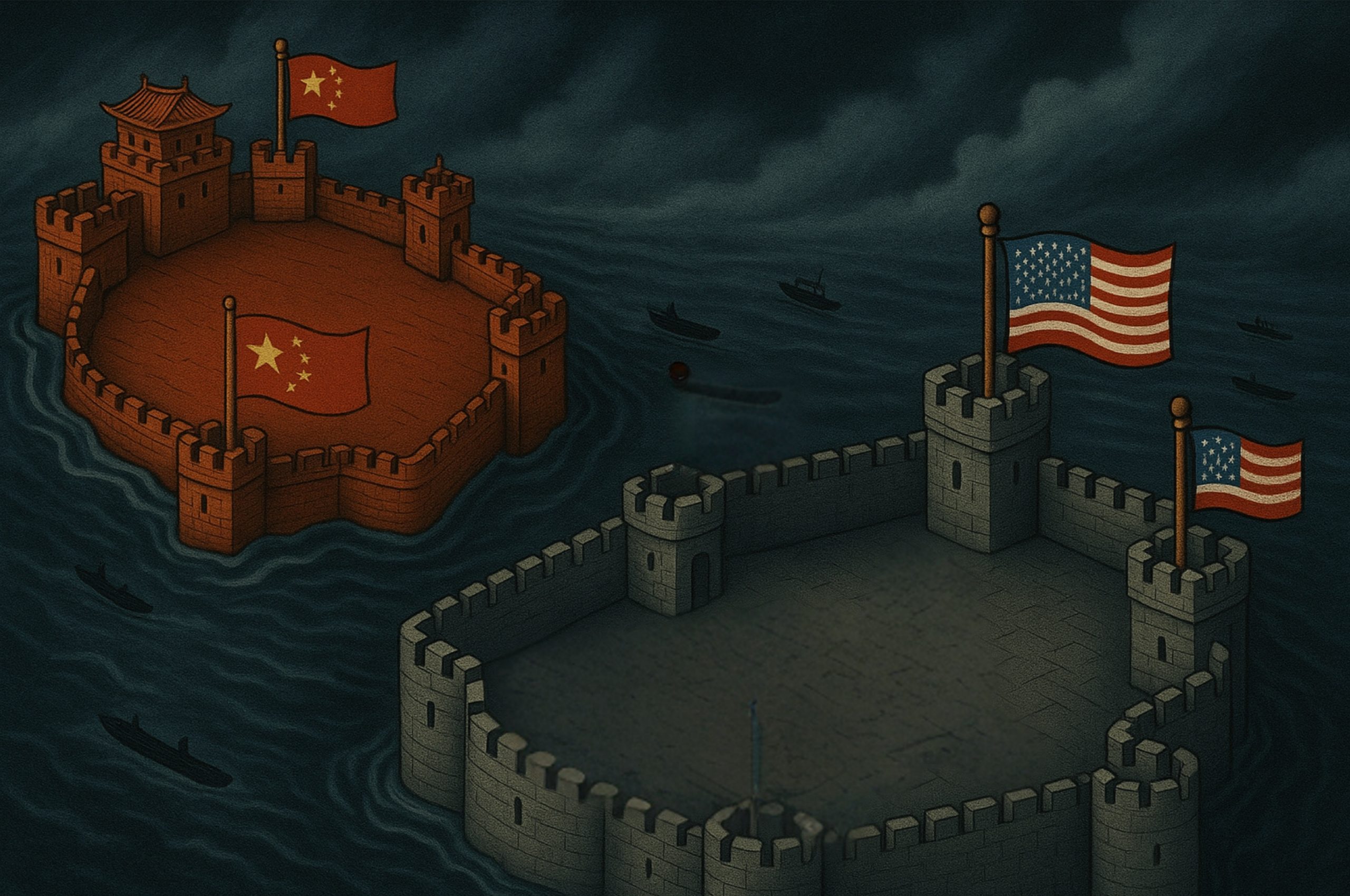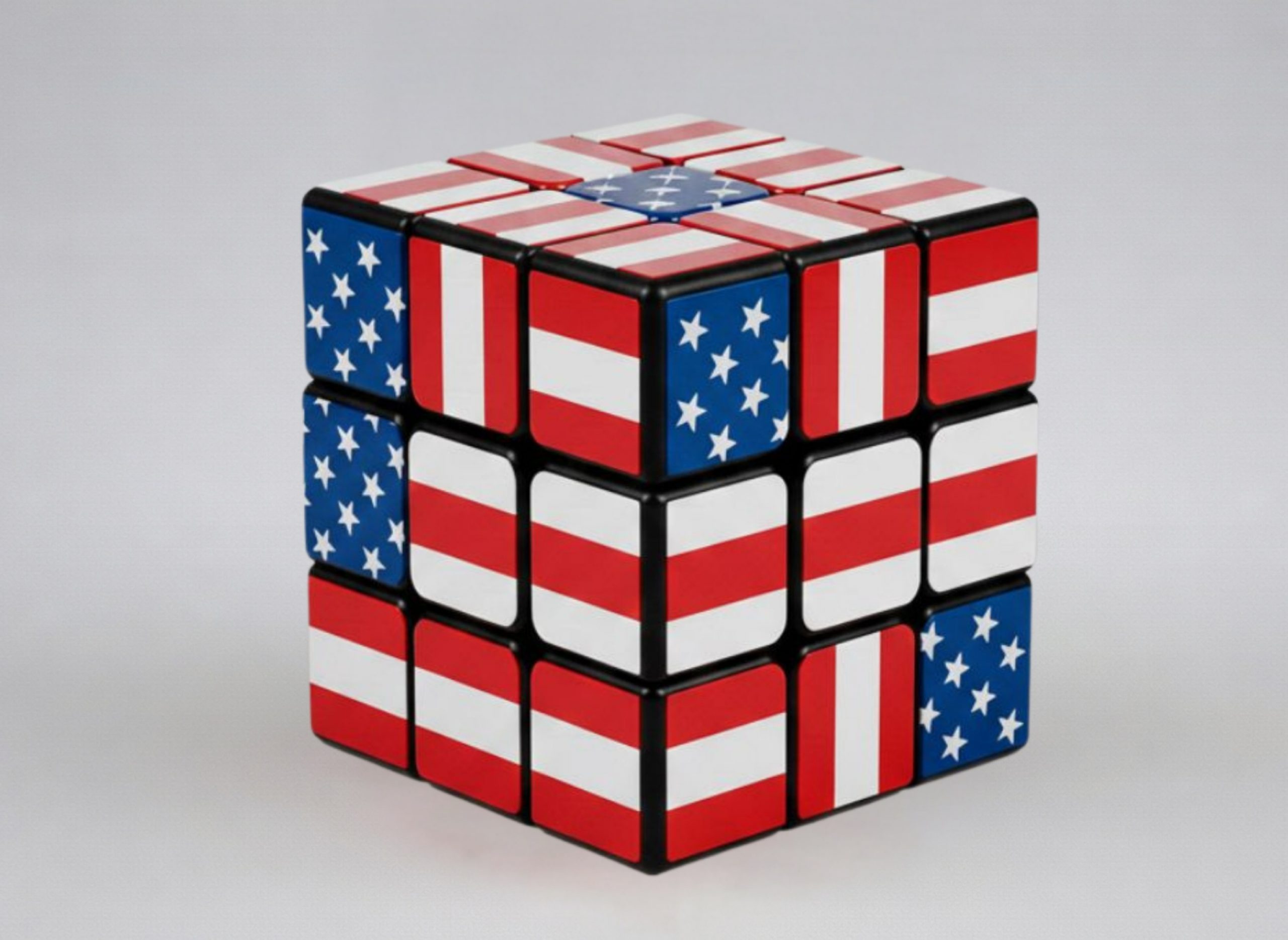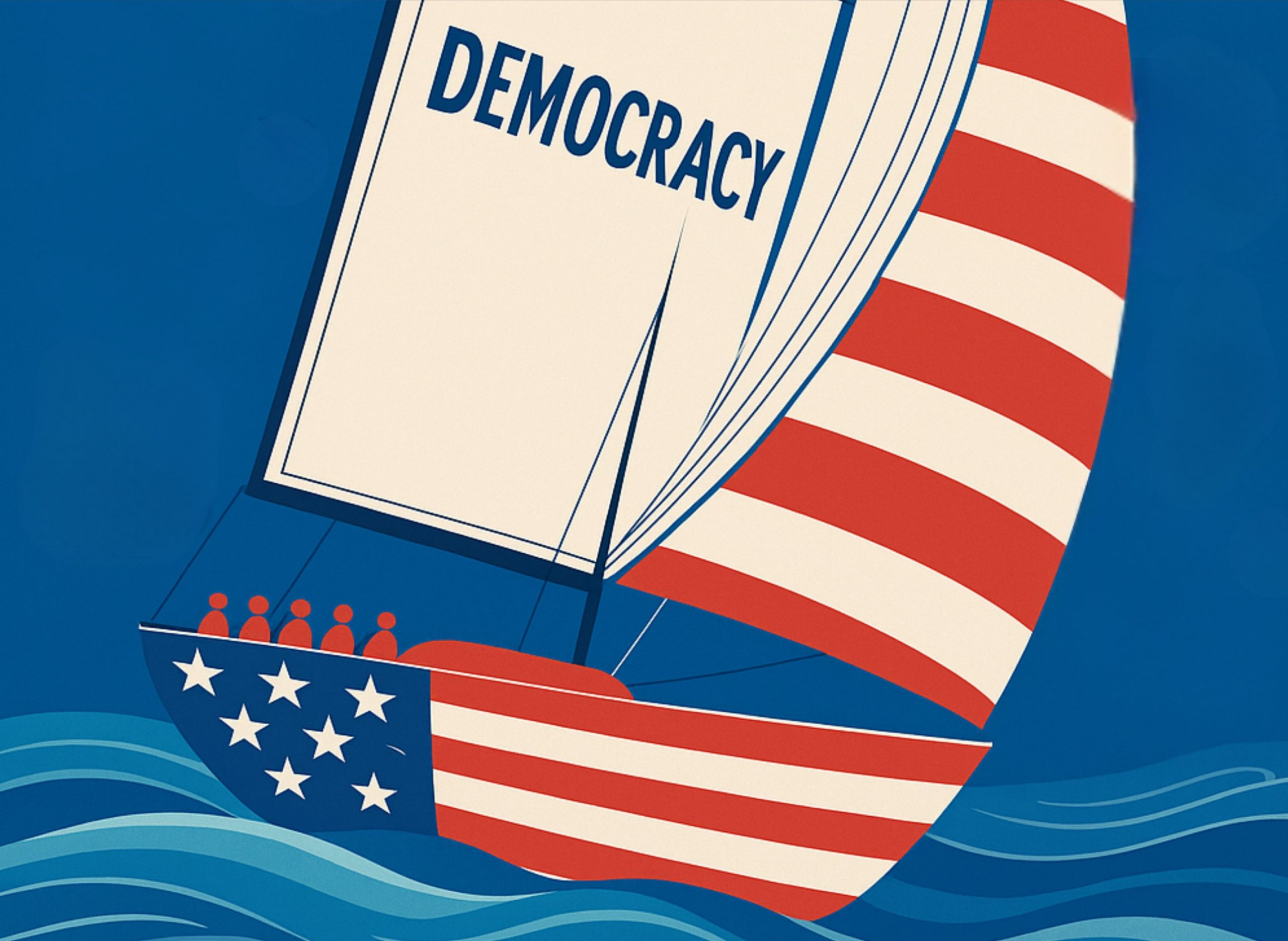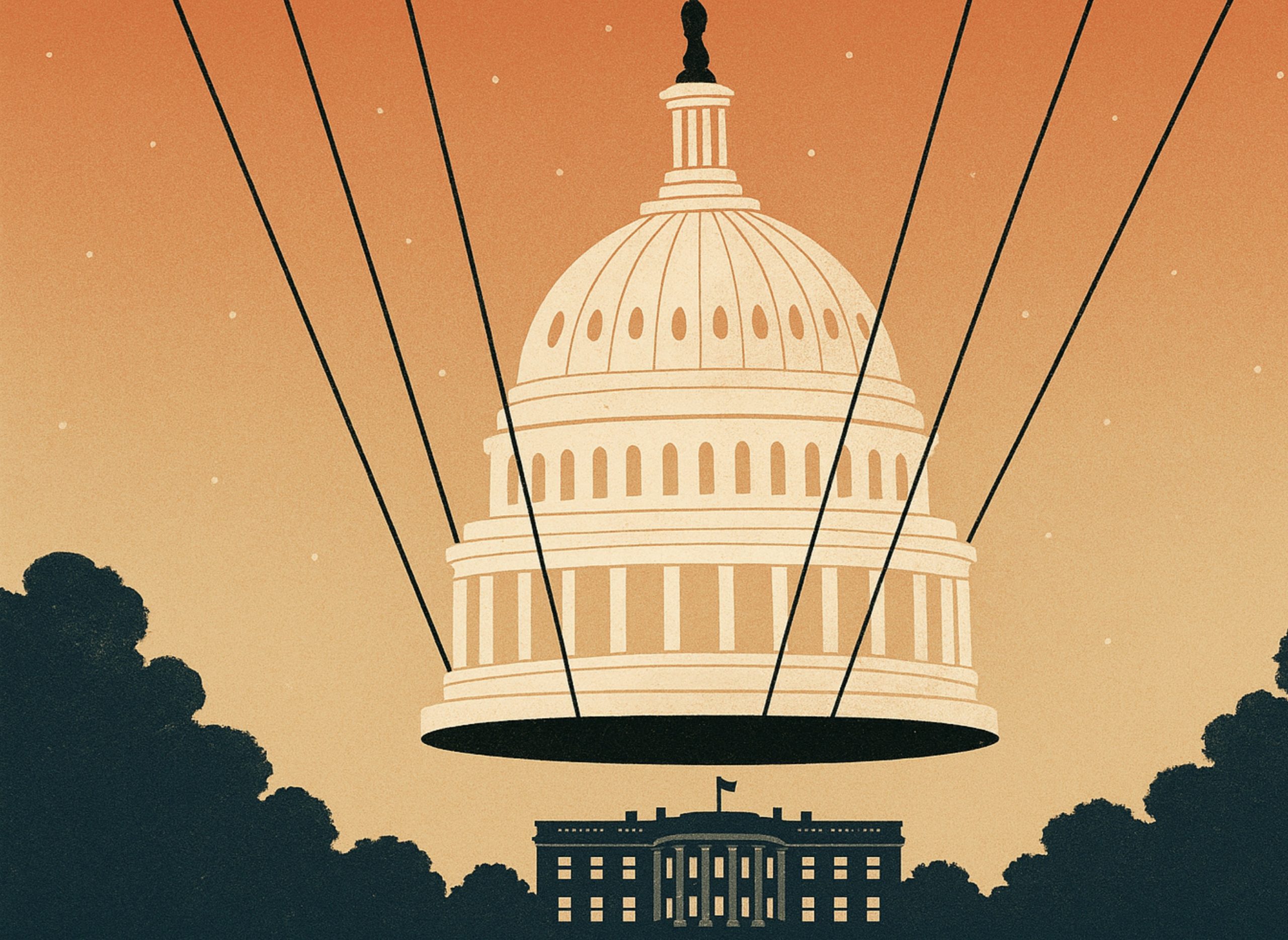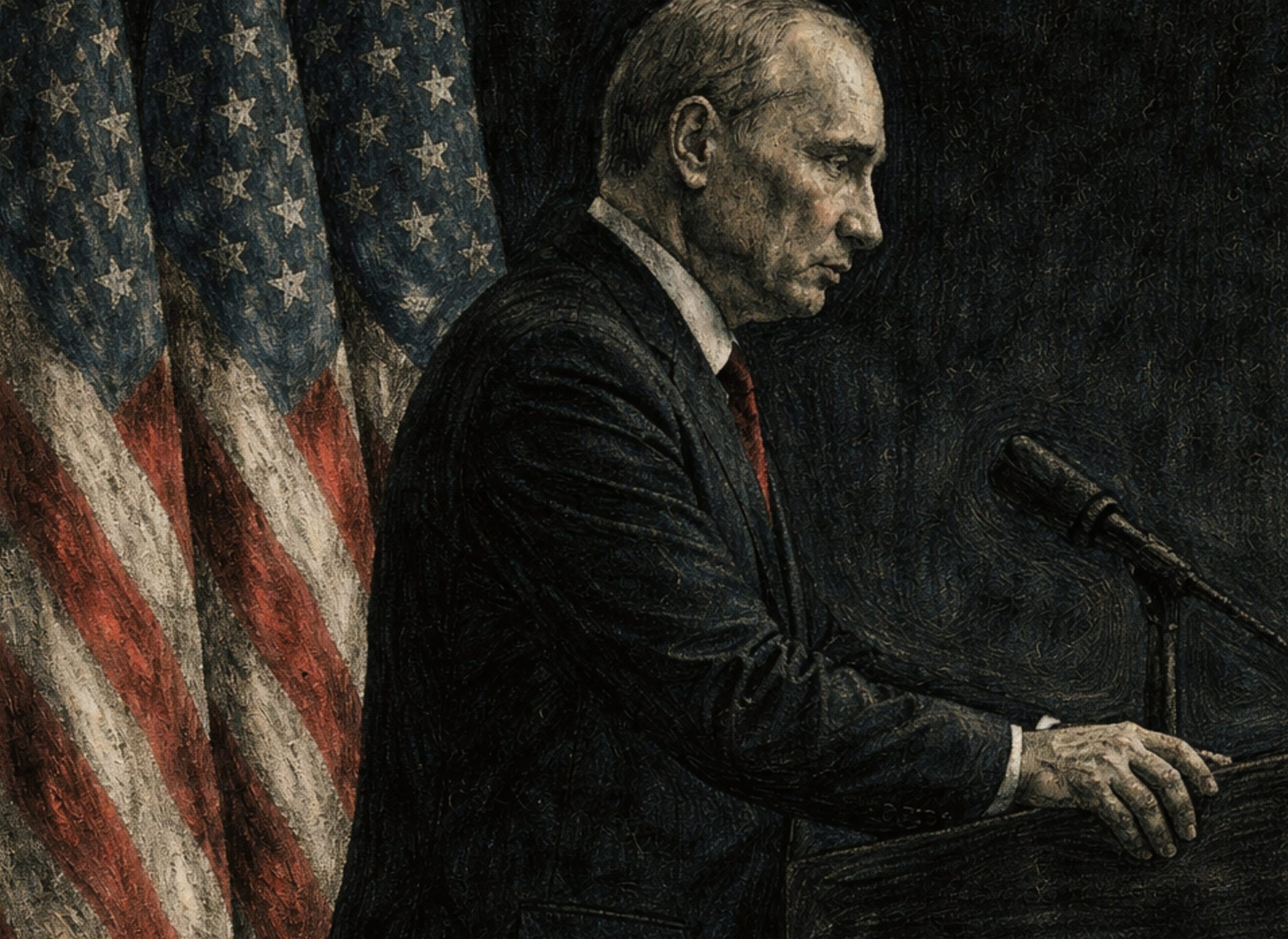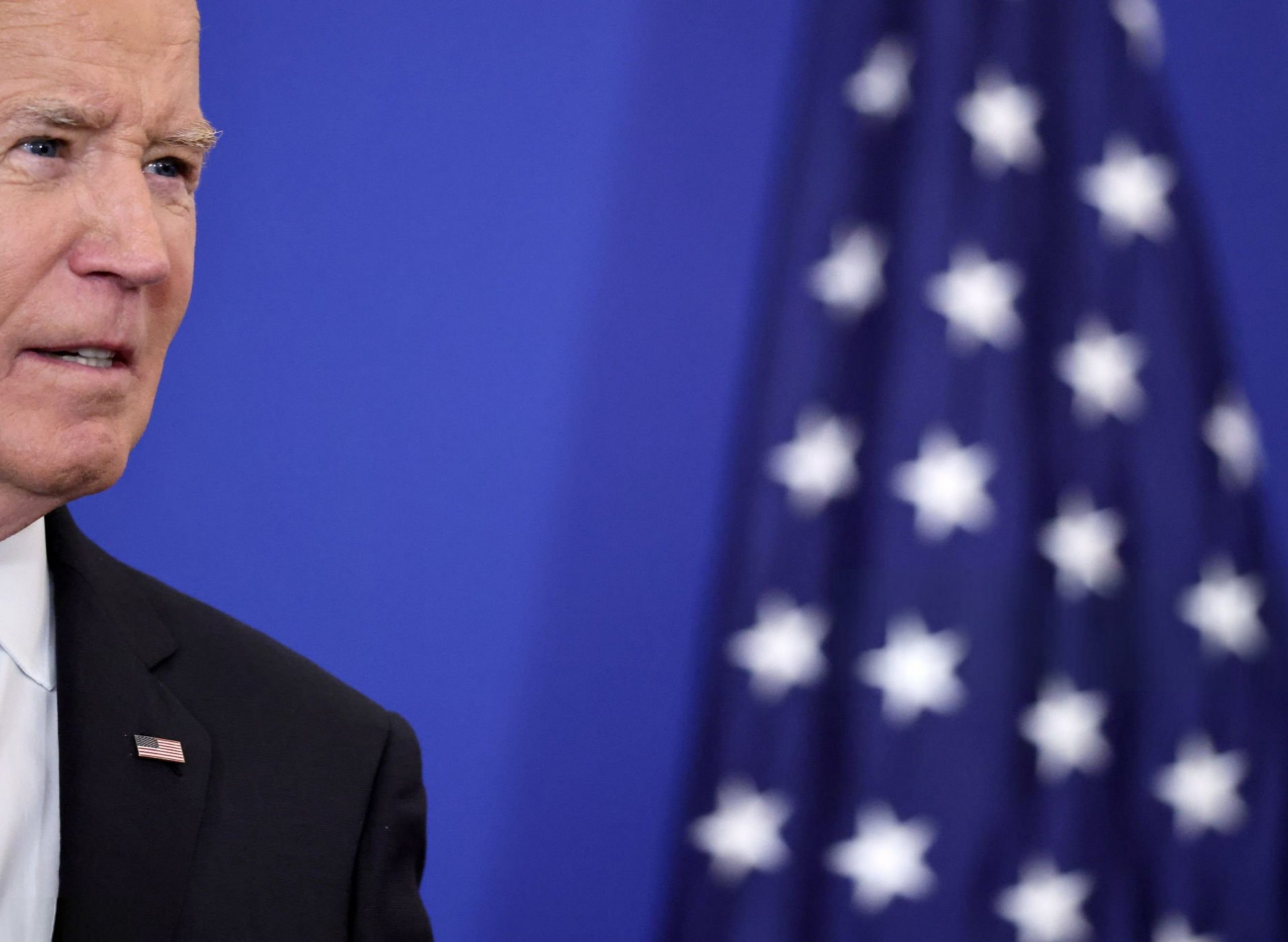
Small Yards with High Fences
Rethinking U.S. Strategy on China
By | Robert Carney,
JANUARY 17, 2025
The growth of China in recent years has been unprecedented, reaching a new height as a global power in merely four decades. China has successfully expanded investment in foreign countries, exported its governance style and strategies to accepting countries, and provided enhanced technological capabilities to countries that could use them. This effort has accumulated into an attempt to recreate the current global order, undermining the current order by creating an alternative to the current rights-based liberal global order led by the United States.
In response, the United States has adopted a new global strategy focusing on limiting the advance by China, specifically through its technological capabilities. This strategy has been coined, ‘small yards, high fences,’ indicating the attempt to target small areas of the world and quarantine them from being able to obtain Chinese technological advances. While this strategy has some limited effectiveness, it has become apparent that the United States has been unsuccessful in limiting the growth of Chinese global influence.

Perspective-changing analysis
Follow the world with Foreing Analysis
In the State of the Union 2023, in the advent of von der Leyen’s second term, she reaffirmed her commitment to leading the EU through its ongoing challenges. She highlighted the importance of continued economic recovery, climate action, and further integration of European defence capabilities. In this sense, her candidacy for a second term has been seen as a bid to solidify her legacy, driving forward her agenda for a more unified and resilient Europe. However, the new roles and appointments of EU officials under her leadership have reignited concerns about the EU’s democratic deficiencies. The concentration of power in the Commission and the perceived sidelining of national governments raised questions about the democratic legitimacy of such appointments, sparking debates about the future direction of the Union and the balance of power within its institutions
This is indicated by the numerous nations in Asia, Africa, the Middle East, and South America that have signed official agreements over the past decade to join China’s Belt and Road Initiative. With the Initiative now reaching upwards of 150 member countries, China is leading the way in utilizing immense economic influence to gain the cooperation of foreign governments. This economic influence, combined with the usage of soft power, has allowed the Chinese to build a coalition of nations that are willing to advance the global goals of China.
With this posing a real threat to the United States and its global interests, it has become clear that they need to reshape their current foreign policy towards both China and the broader international community. The overarching idea that the United States has the capability to limit Chinese advances into different regions of the world is not entirely dead. There is still some limited capability for the United States to court foreign governments in the same ways that China is attempting.
The growth of China in recent years has been unprecedented, reaching a new height as a global power in merely four decades.
However, the level of success that the United States experiences in these endeavors entirely depends on its approach. Attempting to build too high of ‘fences’ and creating the perception of little choice is bound to lower trust and drive potential suitors away, especially in the broader Global South where Cold War-era geopolitics is still in recent memory. Instead, the United States should focus on building a stronger set of ‘fences’ that are interconnected with both the region and the broader international community.
Building a stronger set of ‘fences’ entails the United States becoming a legitimate avenue for support throughout the world, encouraging governments to cooperate and, by extension, lessening the possibility that China is the main actor involved. The key is not to cut world governments off from China by building higher fences, but to instead encourage them to engage with the United States on a larger level, thus creating this idea of a stronger set of fences.
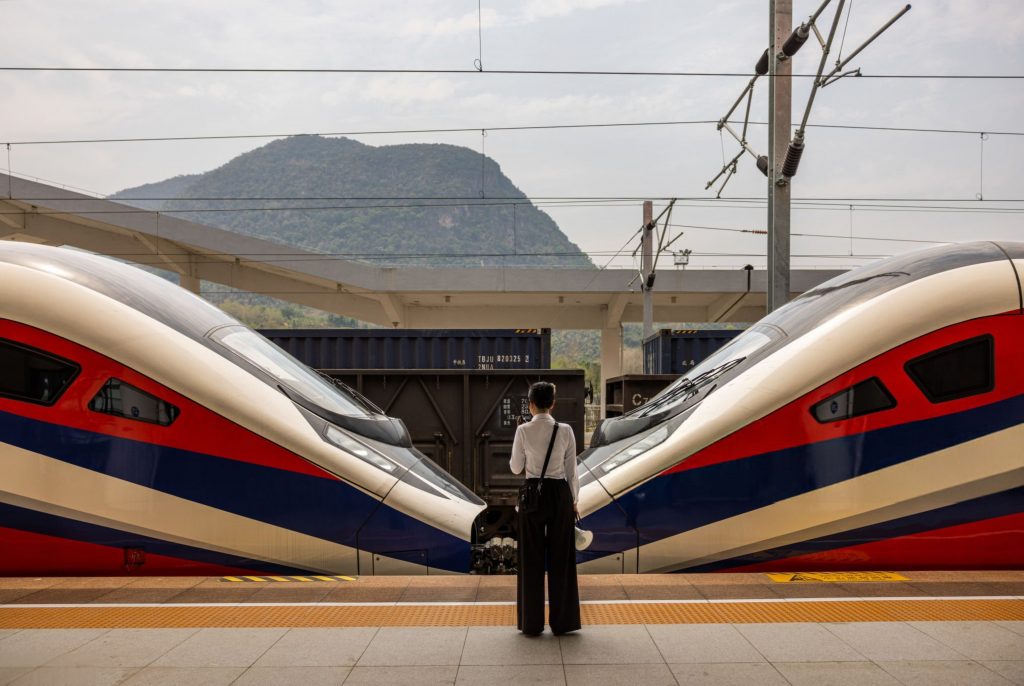
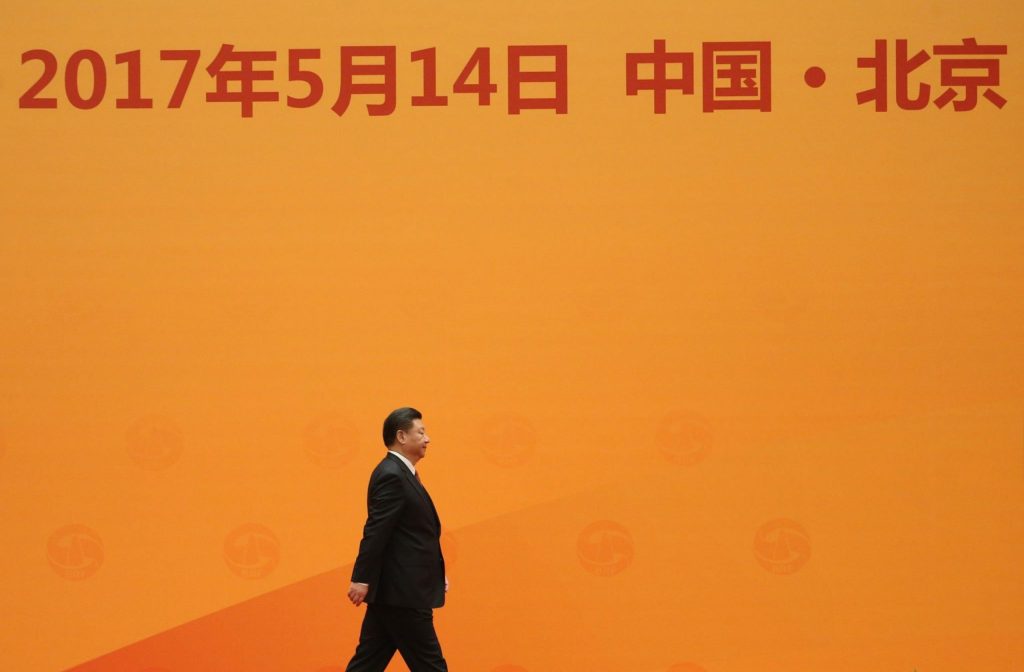
It is clear that the United States still has a role to play in ensuring that the international global order is aligned, standing in solidarity against rogue states such as China that seek to upend it. If this is the goal, then the United States must do a better job of convincing foreign governments that maintaining alignment with the current order is more beneficial. Raising the ‘fence’ and ultimately demonizing China only serves to revive the Cold War-era order where countries are forced to make a decision between two superpowers.
Resisting this idea serves to foster trust and build upon relationships that ultimately favor upholding the current order. If success is to be had with current policy, it must be earned. China has expanded its soft power capabilities around the world, successfully interjecting itself into multiple continents and gaining potential partners. Since the Cold War, the level of soft power that the United States employs in different regions of the world has significantly weakened, allowing for the current circumstances.
Avoiding the geopolitics of the past era is the essential feature of this strategy, creating a sphere focused on building a better world for all rather than a more competitive one.
The United States must return to employing its soft power more efficiently, especially within the Global South. The more it can be seen as a trustworthy partner and a source of exchange that benefits the broader world, the more it will be able to draw countries away from the Chinese sphere of influence. It is essential that the United States seek to win the so-called ‘hearts and minds’ of people around the world, convincing them that their interests are in the mind of the United States when foreign policy is crafted.
Avoiding the geopolitics of the past era is the essential feature of this strategy, creating a sphere focused on building a better world for all rather than a more competitive one. To be sure, the United States’ influence can only go a certain distance. The United States does not control other countries or the decisions they make. Therefore, it must be acceptable that some countries will accept Chinese assistance and perhaps even sway into their zone of influence.
The United States must avoid the bait of geopolitical competition, allowing some countries to receive assistance from China and focusing on other countries that are willing to maintain the status of upholder of the global rights-based liberal order. Of course, the goal for the United States is to create the strongest possible coalition of countries to maintain the current order, but it should not attempt to achieve this goal while sacrificing its global image. The flow and access of information, technology, ideas, and much more are inevitable in today’s world. It would serve the United States’ interest in preventing Chinese advances to accept this and expand the practical ways it can encourage international cooperation.
